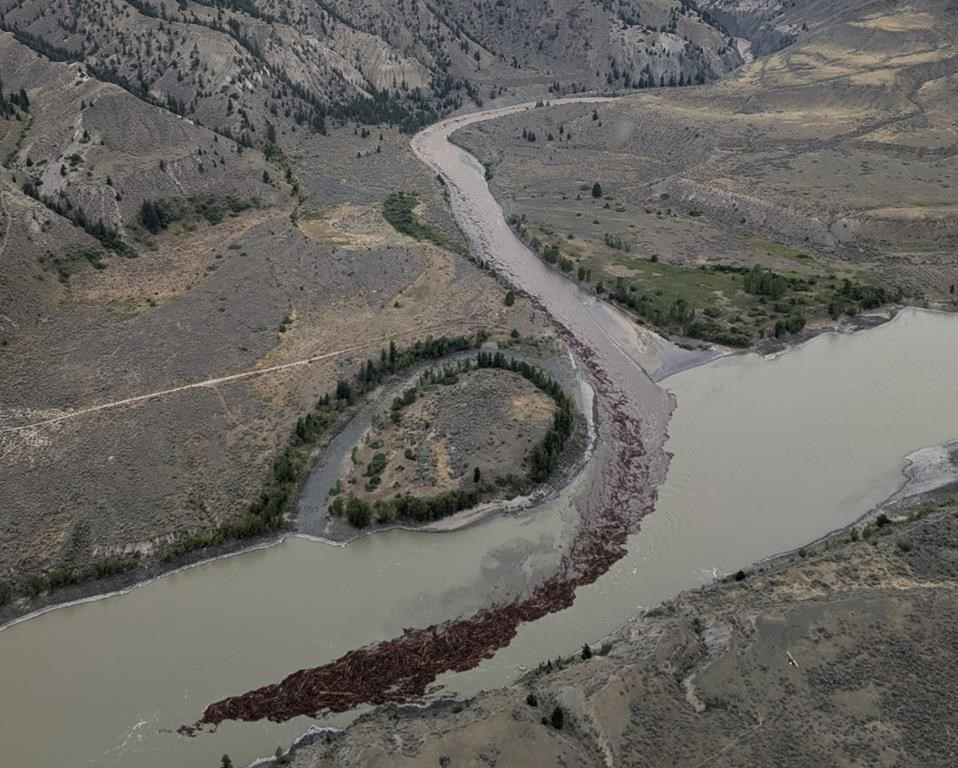Taskforce ready for ’emergency enhancement’ of salmon stocks after B.C. landslide
Advertisement
Read this article for free:
or
Already have an account? Log in here »
To continue reading, please subscribe:
Monthly Digital Subscription
$0 for the first 4 weeks*
- Enjoy unlimited reading on winnipegfreepress.com
- Read the E-Edition, our digital replica newspaper
- Access News Break, our award-winning app
- Play interactive puzzles
*No charge for 4 weeks then price increases to the regular rate of $19.00 plus GST every four weeks. Offer available to new and qualified returning subscribers only. Cancel any time.
Monthly Digital Subscription
$4.75/week*
- Enjoy unlimited reading on winnipegfreepress.com
- Read the E-Edition, our digital replica newspaper
- Access News Break, our award-winning app
- Play interactive puzzles
*Billed as $19 plus GST every four weeks. Cancel any time.
To continue reading, please subscribe:
Add Free Press access to your Brandon Sun subscription for only an additional
$1 for the first 4 weeks*
*Your next subscription payment will increase by $1.00 and you will be charged $16.99 plus GST for four weeks. After four weeks, your payment will increase to $23.99 plus GST every four weeks.
Read unlimited articles for free today:
or
Already have an account? Log in here »
Hey there, time traveller!
This article was published 29/08/2024 (464 days ago), so information in it may no longer be current.
WILLIAMS LAKE, B.C. – A salmon task force that is examining the impact of the massive Chilcotin River landslide in British Columbia says it’s prepared for the “emergency enhancement” of fish stocks after the disaster.
A statement from the Fisheries Department, which is part of the task force alongside First Nations and the B.C. government, says monitoring has confirmed that sockeye salmon have begun to enter the river.
But more assessment is needed to determine if upstream salmon migration has been restored following the July 30 landslide.

The department says chinook and sockeye salmon reared in hatcheries run by the federal government, First Nations and the community will release stocks “as needed.”
It says the situation since the landslide in B.C.’s central Interior remains “fluid” and additional monitoring of salmon as they move into spawning grounds will be “critical” in deciding what actions need to be taken in the coming weeks.
Chief Joe Alphonse, Tsilhqot’in National Government’s tribal chair, says the nation is not harvesting salmon this year and is encouraging downstream First Nations to do what they can to “reduce the stress” on this year’s salmon run.
This report by The Canadian Press was first published Aug. 29, 2024.

